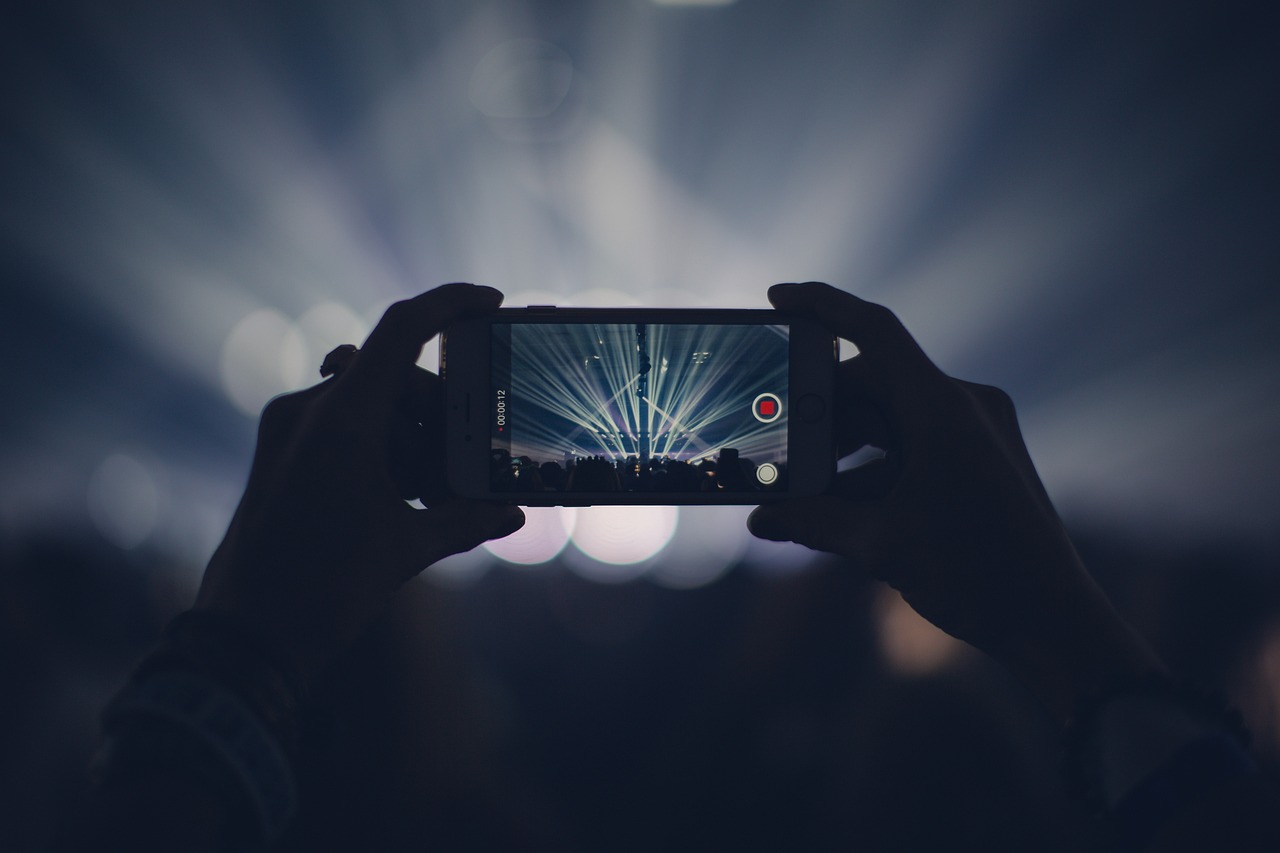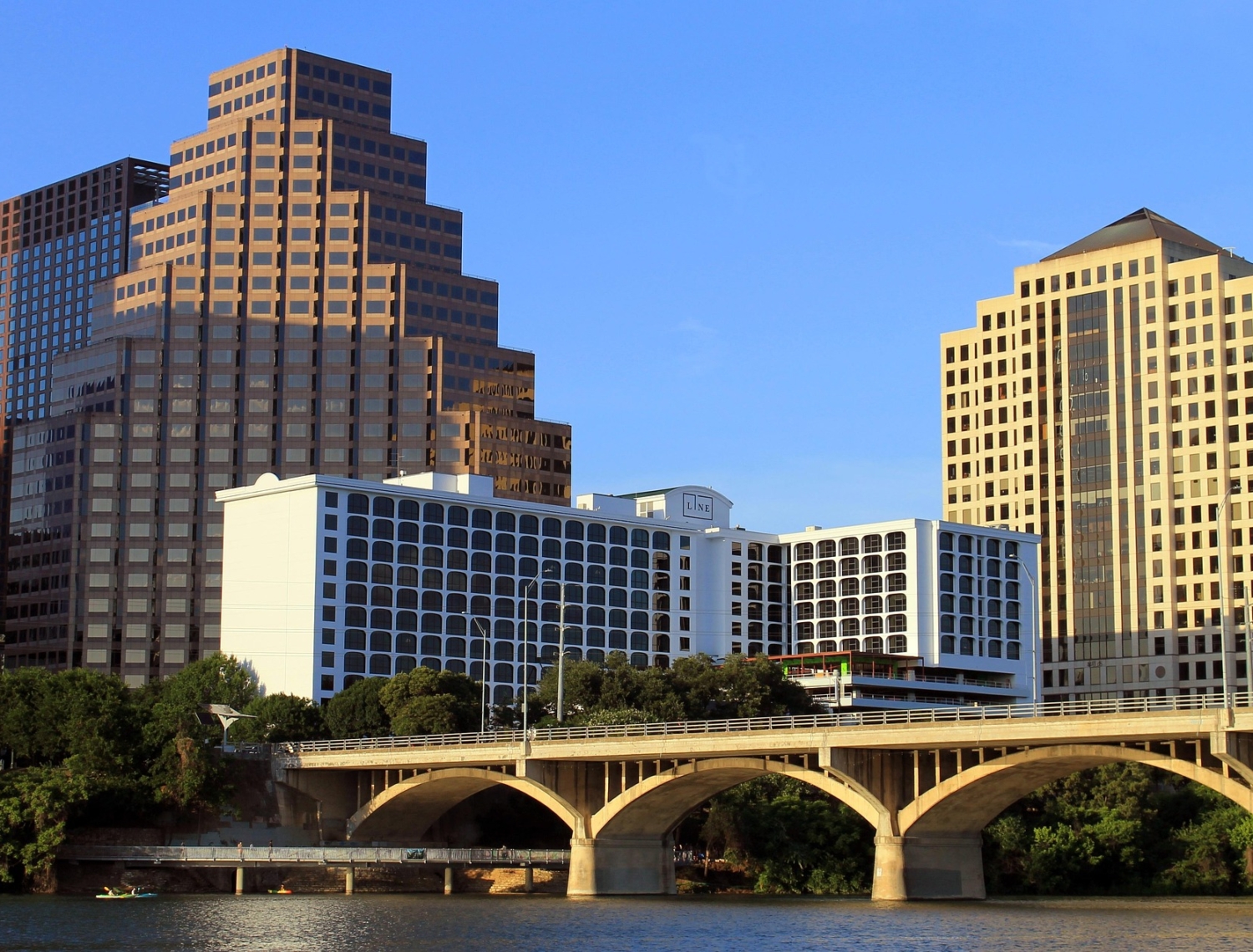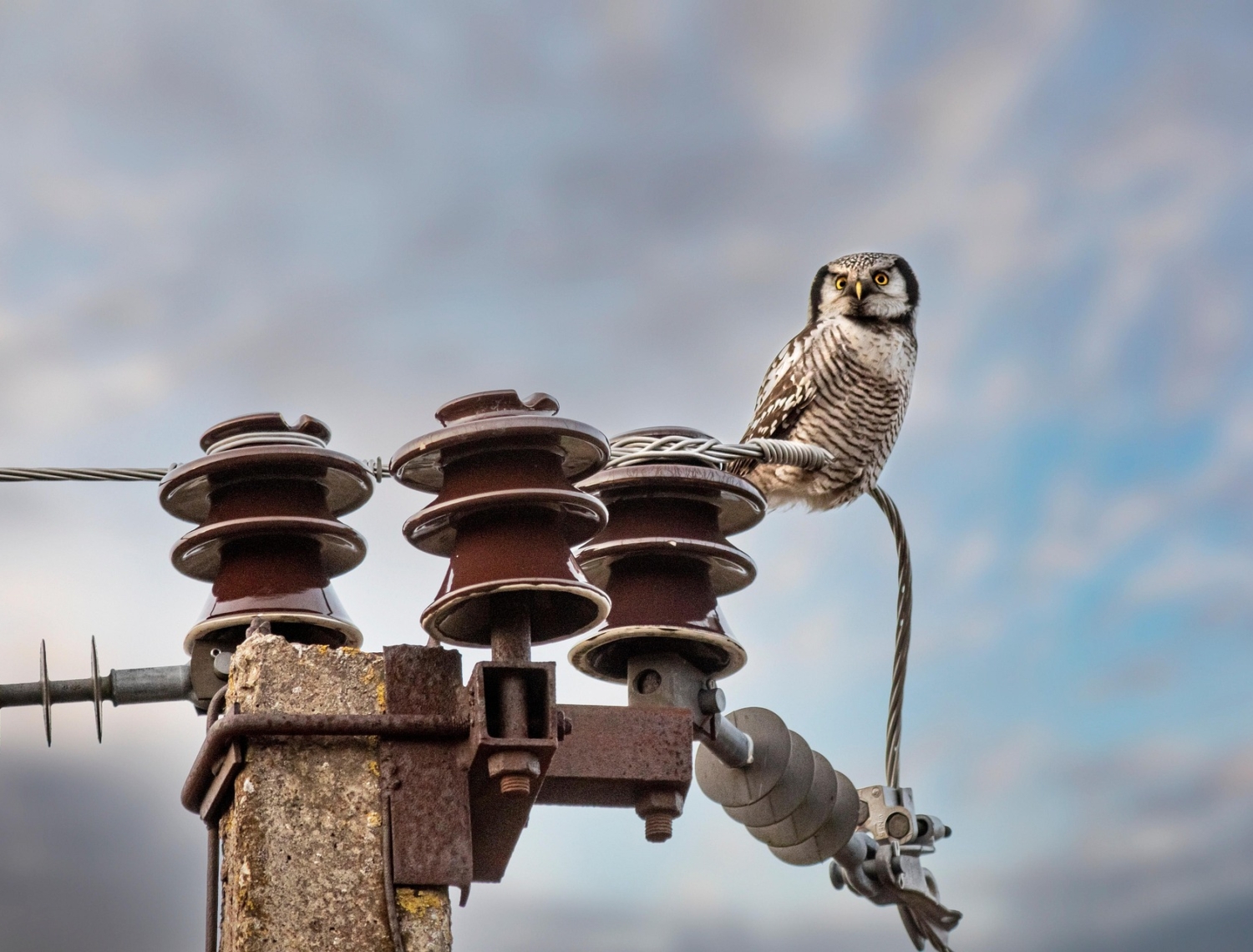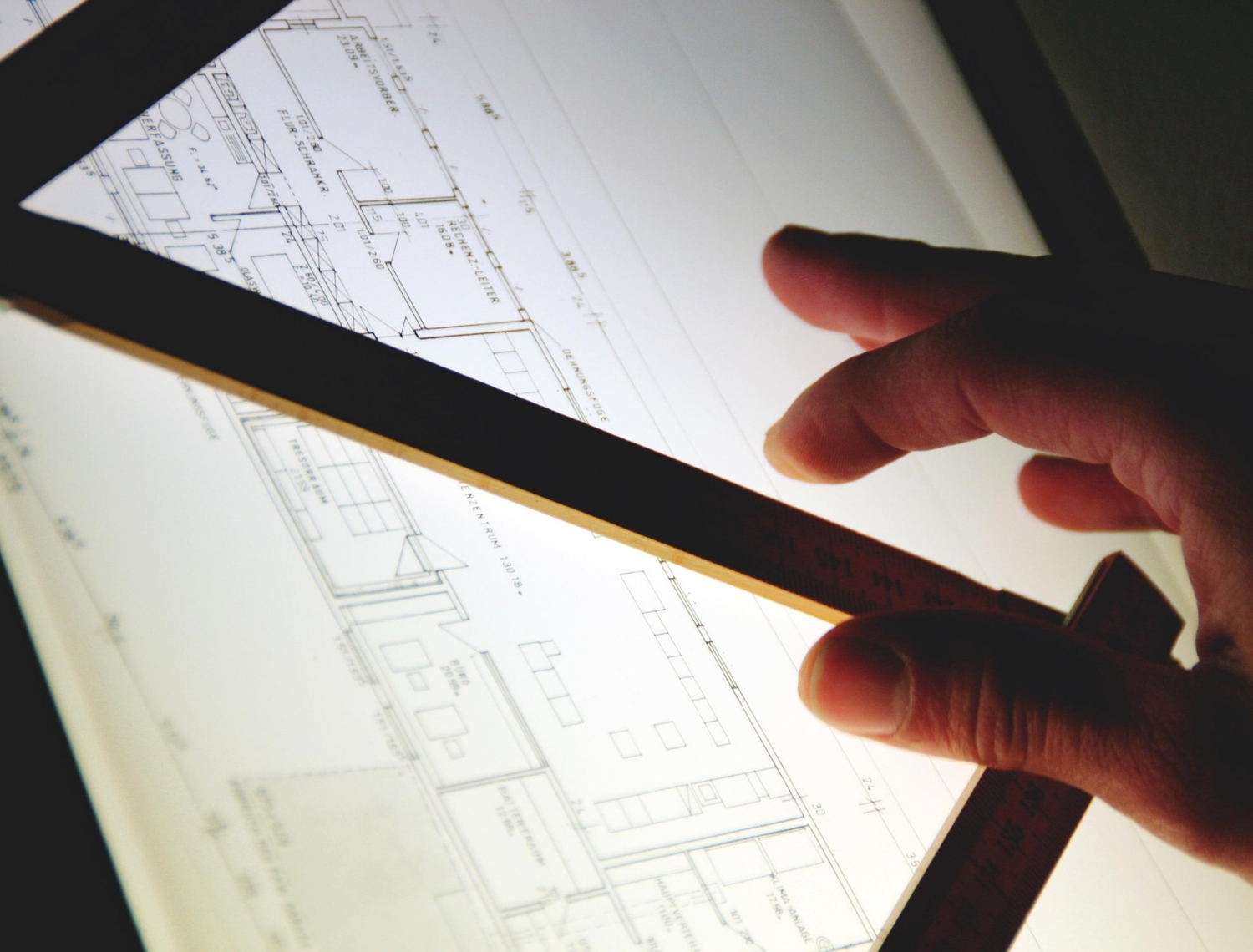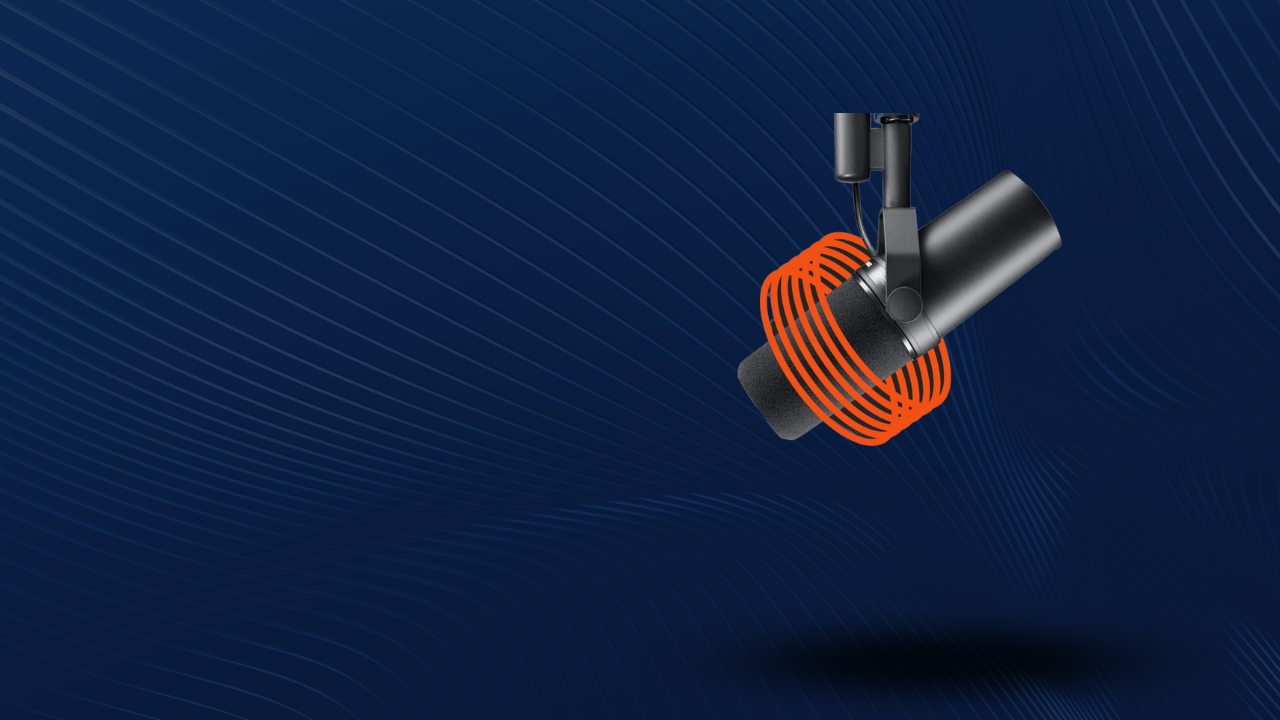On Thursday, June 26th at 2:00 p.m. EST Sounds Profitable and SiriusXM Media / SiriusXM Podcast Network are hosting Unlock the Power of Purpose-Driven Podcasting: A webinar focused on two of podcasting’s fastest-growing audiences: consumers of Health & Fitness, and Self-Improvement.
Based on new data from The Podcast Landscape, the presentation will explore what motivates these audiences, how they discover and engage with new shows, and what makes them uniquely receptive to branded content and advertising. Registration is free and open now.
I was at a coffee shop last week, overhearing a conversation between two podcasters (yes, you can spot us a mile away—we’re the ones gesticulating wildly while talking about “engagement metrics”). One was lamenting that despite having thousands of monthly downloads, they were still struggling to make ends meet. The other nodded knowingly and mentioned they’d tried everything: Patreon, merch, premium subscriptions. “Have you thought about live events?” I wanted to interrupt and ask, but I restrained myself. Barely.
Here’s the thing: while we’ve all been obsessing over CPMs and programmatic advertising, we’ve been overlooking one of the most powerful monetization strategies sitting right in front of us. Live events aren’t just a nice-to-have for podcasters, they can really help to build sustainable businesses and create the kind of audience connection that actually pays the bills.
The Authenticity Arms Race
There’s something we learned during the pandemic that I think we’ve already started to forget: digital connection, no matter how sophisticated, has its limits. Yes, Zoom kept us sane and connected during lockdown, but the moment we could gather again, we remembered what we’d been missing. That same principle applies to podcasting—but now there’s an added wrinkle that makes live events even more valuable.
We’re living through the great AI content flood. Every day, more podcasts, articles, social media posts, and newsletters are being generated by algorithms that have gotten disturbingly good at mimicking human voice and insight. I’ve written about this before—AI can be a powerful tool for creators, but it’s also making genuine human expertise and real-time thinking increasingly rare and valuable.
Your listeners spend hours with your voice in their ears. They know your laugh, your thinking patterns, the way you stumble over certain words. But do they know you can actually think on your feet? Can you handle a curveball question from the audience? Can you synthesize complex ideas in real-time without a script or a chatbot feeding you talking points?
Live events are becoming the ultimate proof of concept for podcasters. They’re where you demonstrate that you actually know your stuff, that your insights aren’t just well-edited AI-assisted content, and that you can deliver value when there’s no delete key, no retakes, and no algorithm to fall back on.
I’ve seen this firsthand at conferences, where attendees will wait in line for twenty minutes just to say hello to their favorite host. These aren’t just fans—they’re customers waiting to happen. But increasingly, they’re also conducting a kind of informal authenticity audit. The question is whether we’re giving them something worth buying, and more importantly, whether we’re proving we’re actually worth following.
Beyond the Merch Table: Event Monetization That Actually Works
Let’s get one thing straight: selling t-shirts in the back of the room isn’t a business model, it’s a hobby with overhead. Real event monetization starts with understanding what your audience actually values, and here’s a hint—it’s not your logo on a tote bag.
Ticket sales are the obvious starting point, but they’re also where most podcasters sell themselves short. Your audience doesn’t want to pay $15 to sit in a high school auditorium and watch you record a regular episode. They want an experience they can’t get anywhere else. That might mean a completely different format, guest appearances from people who’ve never been on your show, or content that dives deeper into topics you’ve only skimmed on air.
VIP experiences are where the real money lives. I’m not talking about a meet-and-greet photo line—I’m talking about genuine access. Pre-show dinners, intimate Q&A sessions, even just an hour where your biggest supporters can actually have a conversation with you. These experiences command premium pricing because they offer something genuinely scarce: your time and attention.
Corporate partnerships become infinitely easier when you have a live event to offer. Brands that might balk at podcast advertising suddenly become interested when you can offer networking cocktail hours, branded lounge spaces, or speaking opportunities. The key is thinking beyond traditional sponsorship and into experiential marketing.
The Geographic Goldmine
Here’s something most podcasters miss entirely: your audience isn’t evenly distributed, and that’s actually an opportunity, not a problem. Smart podcasters are using their analytics to identify cities where they have listener clusters and building targeted events around those concentrations.
This isn’t just about maximizing attendance—it’s about creating scarcity and urgency. When you announce you’re coming to Seattle and this is the only west coast date on your “tour,” suddenly that event becomes a must-attend for your Pacific Northwest listeners. You’re not just selling tickets; you’re selling exclusivity.
The touring model also allows for experimentation with pricing and format. Your Chicago event might be a traditional live recording, while your Austin show could be a workshop format, and your New York date might be a networking mixer with guest speakers. Different markets, different approaches, different revenue streams.
The Human Verification Badge
Smart podcasters are treating live events not as standalone revenue generators, but as content creation opportunities that pay for themselves multiple times over—and as proof of their human credentials. One well-executed live event can generate:
- The live ticket sales (obviously)
- A recorded version for premium subscribers that proves you can perform without assistance
- Highlight clips for social media that showcase real-time thinking
- A special bonus episode for regular feed demonstrating unscripted expertise
- Video content for YouTube showing genuine interaction with your audience
- Email newsletter content for weeks about insights that emerged organically
- Future booking opportunities based on your demonstrated live competence
But perhaps most importantly, these events create a permanent record of your ability to think, respond, and create value in real-time. In a time where audiences are becoming increasingly skeptical about what’s human-generated and what’s algorithm-assisted, this kind of verification is becoming invaluable.
I’ve seen podcasters turn a single 90-minute live recording into six months of content across multiple platforms, but the real value isn’t just the content multiplication—it’s the credibility multiplication. When your audience knows you can deliver insights spontaneously, everything else you create carries more weight.
Building Community, Not Just Audience
There’s a critical distinction that too many podcasters miss: audiences consume, but communities participate. Live events are where audiences transform into communities, and communities are exponentially more valuable than audiences.
When your listeners meet each other at your events, something magical happens. They start connecting outside of your show. They form friendships, business relationships, even romantic partnerships. Suddenly, your podcast isn’t just entertainment—it’s a catalyst for human connection.
These communities become your most powerful marketing engine. They don’t just listen to your show; they evangelize for it. They don’t just buy your products; they become repeat customers and upsell themselves to premium offerings. They don’t just attend your events; they bring friends.
The Long Game
The most successful podcast events I’ve witnessed aren’t one-off experiments—they’re part of a larger strategy. The hosts who are making real money from live events treat them as relationship-building exercises that happen to generate revenue, not revenue-generating exercises that happen to build relationships.
This means thinking about your event calendar not as a series of standalone dates, but as a connected experience for your community. Your spring event might focus on networking and community building. Your summer event could be more educational, with workshops and skill-sharing. Your fall event might be pure entertainment with special guests and unique content.
By the way, a well-executed live event can generate anywhere from $5,000 to $50,000+ in direct revenue, depending on your audience size, ticket pricing, and additional monetization streams. But the real value often comes from the relationships and opportunities that spin out of the event.
I know podcasters who’ve landed major brand partnerships, book deals, and consulting contracts directly from connections made at their live events. The ROI calculation becomes a lot more complex when you factor in these downstream opportunities.
More importantly, live events create a direct relationship with your most valuable listeners—the ones willing to spend time and money to see you in person. These are the people most likely to buy your book, join your premium community, hire your services, or invest in whatever you’re building next.
The podcasting industry is maturing, and with that maturation comes both the need for more sophisticated business models and the challenge of standing out in an increasingly AI-saturated content landscape. Advertising will always be part of the equation, but the most successful podcasters are building diversified revenue streams that don’t depend entirely on advertiser demand—or on their ability to out-compete algorithms.
Live events aren’t just another monetization tactic—they’re a way to create the kind of deep, valuable relationships that sustainable media businesses are built on, while simultaneously proving your human expertise in an age of artificial content. Your listeners want to connect with you, but they also want to know that the person they’re connecting with is actually the person creating the content they love.
It’s time to get off the internet and into the room. The audience is listening, and they want to see your quality!

